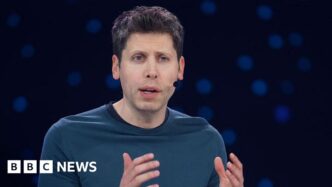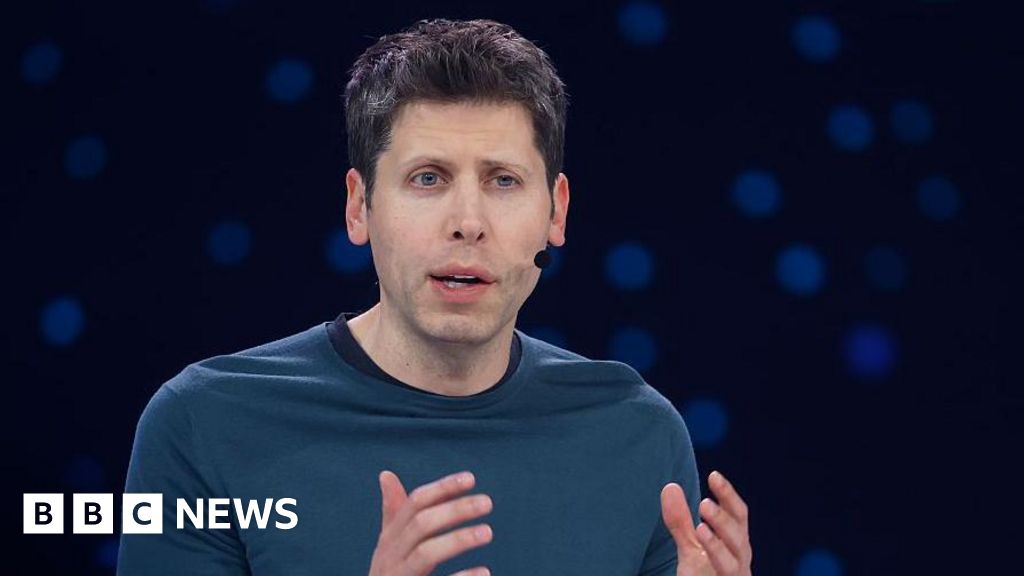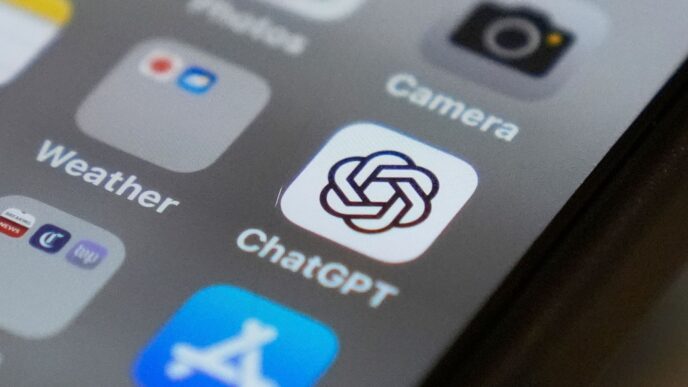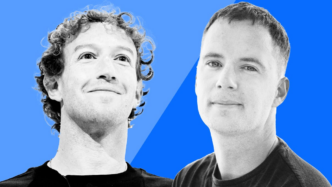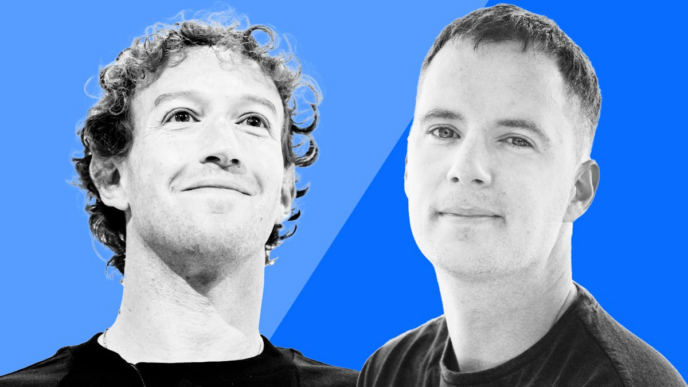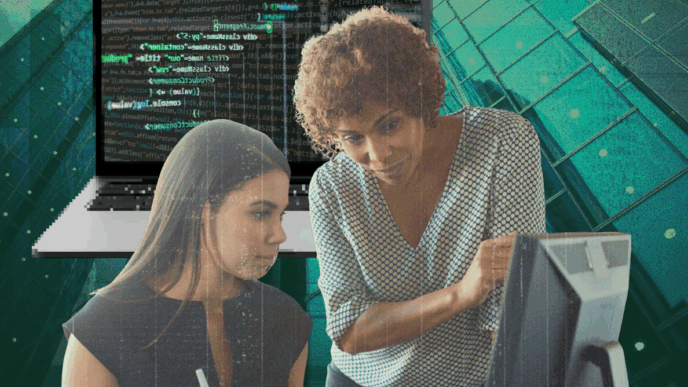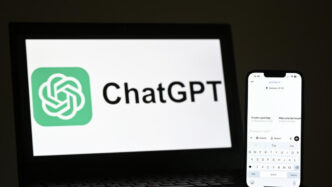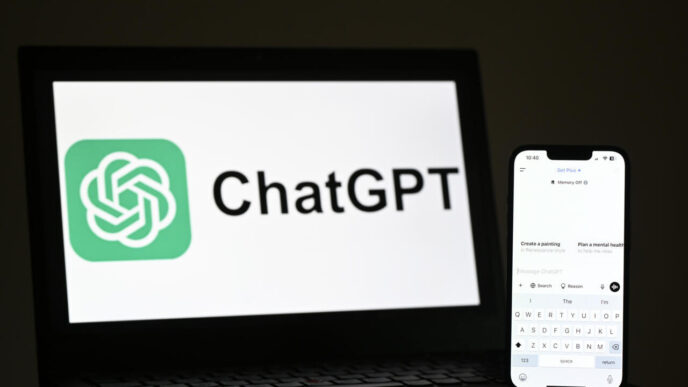OpenAI launches GPT-5, touting PhD-level expertise and faster, smarter AI
OpenAI just rolled out its latest AI chatbot, GPT-5, claiming it can deliver PhD-level expertise across coding, writing, and reasoning. CEO Sam Altman called it “smarter, faster, and more useful,” saying this is a new era for ChatGPT.
Altman said ahead of the Thursday launch:
“I think having something like GPT-5 would be pretty much unimaginable at any previous time in human history.”
The new model promises fewer hallucinations—where AI makes stuff up—and less deceptive answers. OpenAI is pushing GPT-5 as a strong coding assistant, joining a wave of competitors like Anthropic’s Claude Code.
OpenAI claims GPT-5 can create entire software projects with improved logic, showing its reasoning steps. Altman compared it to past versions:
“GPT-3 sort of felt to me like talking to a high school student… 4 felt like you’re kind of talking to a college student,”
“GPT-5 is the first time that it really feels like talking to an expert in any topic, like a PhD-level expert.”
Not everyone is convinced. Prof Carissa Véliz of the Institute for Ethics in AI warned the hype may outpace reality:
“These systems, as impressive as they are, haven’t been able to be really profitable.”
“There is a fear that we need to keep up the hype, or else the bubble might burst, and so it might be that it’s mostly marketing.”
Gaia Marcus, Director of the Ada Lovelace Institute, flagged the increasing gap between AI power and regulation:
“As these models become more capable, the need for comprehensive regulation becomes even more urgent.”
Getty Images also weighed in on GPT-5’s rise in AI-generated content:
“As AI content becomes more convincing, we need to ask ourselves – are we protecting the people and creativity behind what we see every day?”
“Authenticity matters – but it doesn’t come for free.”
“It’s important to scrutinize exactly how AI models are being trained, and ensure that creators are being compensated if their work is being used.”
GPT-5 will be rolled out to all users starting Thursday.
Anthropic cuts OpenAI’s API access weeks before GPT-5 release
Tensions flare as Anthropic recently revoked OpenAI’s access to its API, accusing OpenAI of violating terms by using Anthropic’s coding tools ahead of GPT-5’s launch.
OpenAI responded:
“While we respect Anthropic’s decision to cut off our API access, it’s disappointing considering our API remains available to them.”
The move hints at rising AI competition and maybe OpenAI’s shift towards free-tier models with GPT-5.
OpenAI updates ChatGPT to promote healthier user interactions
Earlier this week, OpenAI revealed changes aiming to reduce over-reliance on AI for sensitive advice. The chatbot will no longer give definitive answers on personal issues like breakups but will guide users by asking questions and weighing pros and cons.
In a recent podcast, Sam Altman acknowledged risks with AI relationships:
“This is not all going to be good, there will still be problems,”
“People will develop these somewhat problematic, or maybe very problematic, parasocial relationships [with AI]. Society will have to figure out new guardrails. But the upsides will be tremendous.”
Altman, a fan of the 2013 film Her, referenced the delicate balance AI creators face. Meanwhile, actress Scarlett Johansson condemned OpenAI for launching a chatbot using a voice eerily similar to hers.
GPT-5 is set to shake up the AI chatbot race. The question: can it live up to the PhD-level hype?
